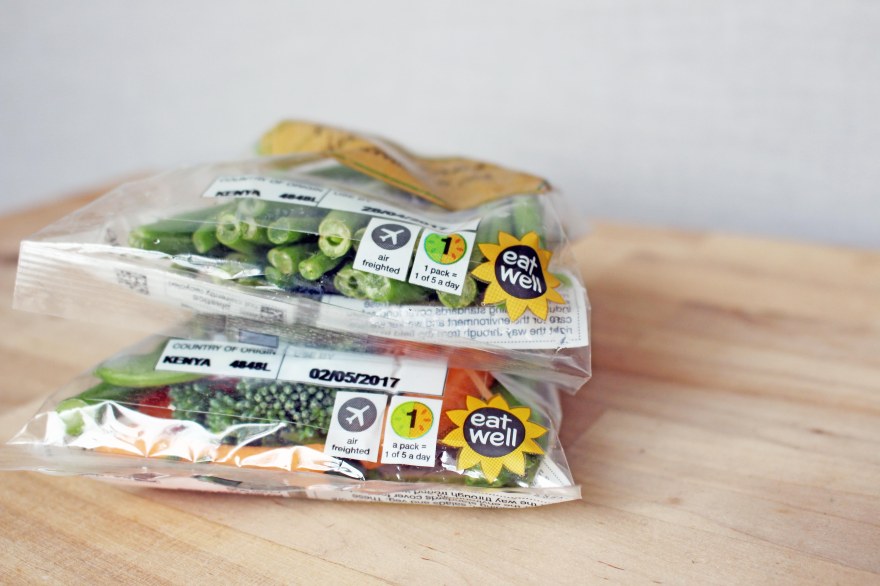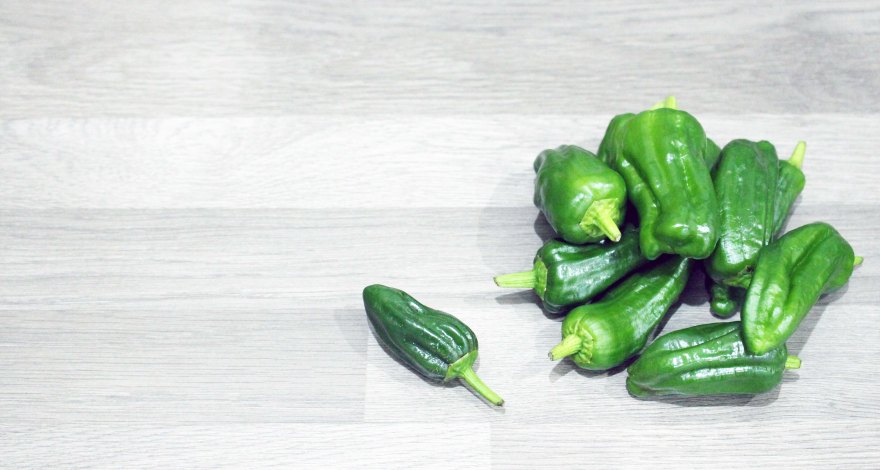‘Food miles’, a term that has been floating around for a long time. It refers to the total distance has travelled to get from its source, to your dinner plate (and if we’re nit picking on to landfill or compost too).
Whilst many shoppers probably don’t check if there food is air-freighted from Peru or shipped from Spain, food mile advocacy campaigners are worried. They are concerned about the amount of climate change enhancing CO2 emissions caused by food being transported around our planet.

However, studies have found food miles account for a small number of the total emissions of the food chain. This means, in broad terms, food miles a poor indicator of the total environmental impacts of food production and transport.
Still, some food mile advocacy campaigns have urged shoppers to eating locally sourced food, but assuming that locally grown food is better for the environment is not always true. As a lot of food producing regions of the world employ far more efficient production practices than others areas for the same product.

Although it may be more efficient to produce our food in distance lands, that efficiency comes with some baggage. Perishable food needs to be moved fast before it goes off, so in these cases planes are used to get said items around the globe as fast as possible.
Unfortunately, as we all know to move anything produces huge amounts CO2. Therefore avoiding air freight is probably the best way of reducing any food mile impacts. Studies have shown whilst only 1% of food is transported by air, this amount of flying accounts for 11% of carbon emissions produced by food miles.

So what can you do?
If you’re like me and get the majority of your food from a supermarket, the labelling of where your food has come from should be quite clear. So those are the things to look out for at the super market. But If you get your food a local producer or food market, where labels aren’t standard, don’t be shy to ask where your food has come from.
No doubt one of the benefits of sourcing food from around the globe is the amount of choice we’re able to have when we go food shopping. It’s that same choice that makes me substitute fine beans flown from South Africa for frozen peas grown in France; they still taste lovely with a fish cake, they’re still nutritious, though they lack the carbon emissions associated with flying.
When all is said an done, improving the sustainability food transportation has is no single solution. As food miles are only part of the food production and transport puzzle, it is as important to ask “how our food produced?”, and “what foods might be unsustainable?”.
Resources for WELL TRAVELLED FOOD
